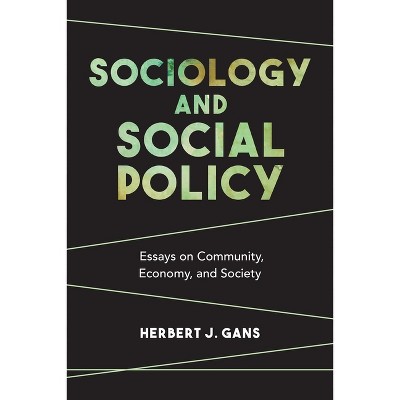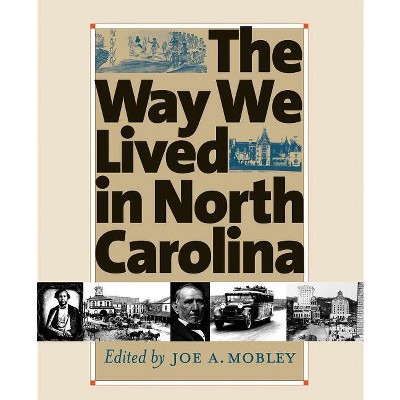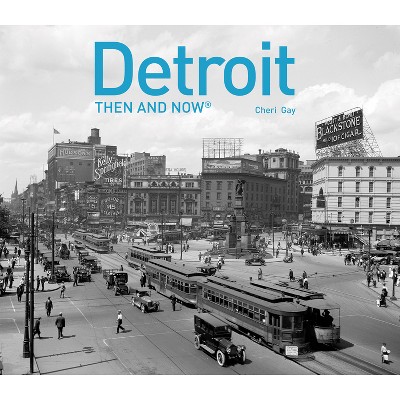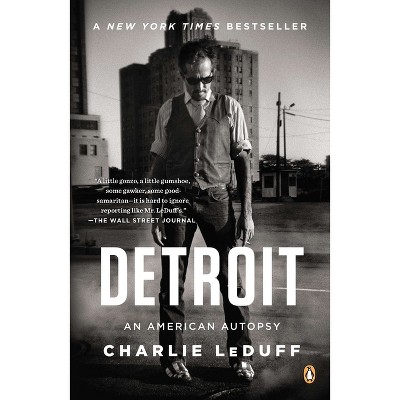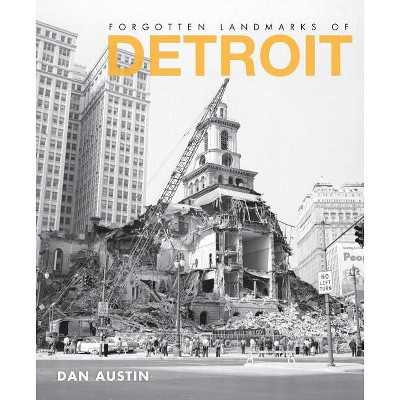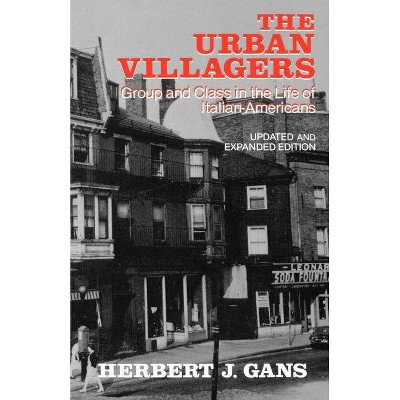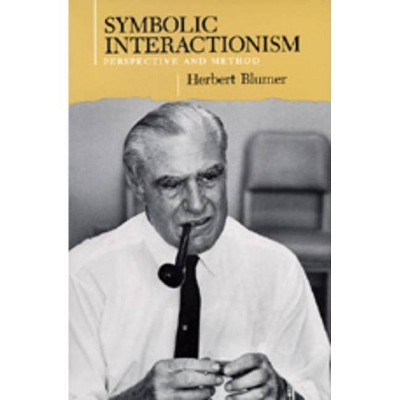Sponsored

A Detroit Story - by Claire W Herbert (Paperback)
In Stock
Sponsored
About this item
Highlights
- Bringing to the fore a wealth of original research, A Detroit Story examines how the informal reclamation of abandoned property has been shaping Detroit for decades.
- About the Author: Claire Herbert is Assistant Professor in the Department of Sociology at the University of Oregon.
- 316 Pages
- Social Science, Sociology
Description
About the Book
"Bringing to the fore a wealth of original research, A Detroit Story examines how the reclamation of abandoned property has been shaping the city for decades. Herbert lived in Detroit for almost five years to get a ground-view sense of how this process molds urban areas--participating in community meetings and tax foreclosure protests, interviewing various groups, following scrappers through abandoned buildings, and visiting squatted houses and gardens. Herbert found that there's a disjunction between different types of property reclaimers: lifestyle back-to-the-earth new residents, primarily more privileged, whose practices are often formalized by local policies, and longtime more disempowered residents, often representing communities of color, whose practices are marked as illegal and illegitimate. She teases out how the divergent treatment of these two approaches to informally claiming property reproduces long-standing inequalities in race, class, and property ownership. More generally, A Detroit Story examines how the attempt to formalize property informality in cities harms the most vulnerable"--Book Synopsis
Bringing to the fore a wealth of original research, A Detroit Story examines how the informal reclamation of abandoned property has been shaping Detroit for decades. Claire Herbert lived in the city for almost five years to get a ground-view sense of how this process molds urban areas. She participated in community meetings and tax foreclosure protests, interviewed various groups, followed scrappers through abandoned buildings, and visited squatted houses and gardens. Herbert found that new residents with more privilege often have their back-to-the-earth practices formalized by local policies, whereas longtime, more disempowered residents, usually representing communities of color, have their practices labeled as illegal and illegitimate. She teases out how these divergent treatments reproduce long-standing inequalities in race, class, and property ownership.
From the Back Cover
"A brilliant expose of urban inequality. When younger, white newcomers squat in other people's houses, they believe they are 'settling' a 'wild' place, but when mostly black, longtime residents do the same, they think of themselves as surviving a temporary situation. Our policies reward only the self-imagined 'pioneers' and thereby widen race and class disparities."--Debbie Becher, Associate Professor of Sociology, Barnard College/ Columbia University and author of Private Property and Public Power: Eminent Domain in Philadelphia "An insightful, penetrating ethnography exploring why and how different sorts of 'appropriators'--motivated by lifestyle, routine, or necessity--engage in illegal uses of property in Detroit. It elucidates a vital, decentralized, unregulated energy shaping not only the current quality of life in an iconic city but also its potential future."--George Galster, author of Driving Detroit: The Quest for Respect in the Motor City "The most compelling urban ethnography to come along in several decades. Detroit is often framed as dead by scholarly and journalistic writers. But Claire Herbert shows us that while formal services and markets may be absent, life is abundant, complex, and intricate. This book is a series of compelling, sometimes heartbreaking, stories about off-grid lives in a large American city."--Jason Hackworth, author of Manufacturing Decline "This is an evocative work that I can imagine being adopted for classes as well as publicly discussed and debated."--Judy Tzu-Chun Wu, Director of the Humanities Center, University of California, Irvine "A Detroit Story will be an important contribution to urban literature and scholarship on shrinking cities." --Renia Ehrenfeucht, Professor of Community and Regional Planning, The University of New MexicoReview Quotes
"A Detroit Story is a deeply, even lovingly, Detroit-focused book. There is a risk in studying such a unique and fascinating place: informality in Detroit is at once relatively well-trodden ground and at the same time not obviously full of parallels for other cities or broader concepts. Yet Herbert points this out, makes connections to other "postgrowth" cities, and makes the excellent point that property informality is enacted and experienced differently across social contexts. The result is a uniquely sociological contribution to the literature on urban informality and to how we understand property outside of real estate."-- "American Journal of Sociology"
"A Detroit Story is an original and engaging book on a well-researched city. . . . [It] provides an invaluable contribution to urban studies research and is relevant for researchers in myriad disciplines as well as upper division undergraduate and graduate students. Anyone with an interest in Detroit and shrinking cities, as well as planners and policymakers who work in these contexts, will also appreciate the assessment of how--albeit unintentionally--planning and policy can and will reproduce inequality if they fail to recognize how people live and why."-- "International Journal of Urban Regional Research"
"An exceptional piece of urban ethnography. . . . While one might be tempted to situate such a countermovement in the gentrification literature, Herbert's work insists on a more complex interpretation, one that could extend the immense amount she has already taught us about property relations under duress."
-- "Social Forces""This is an important book."-- "AAG Review of Books"
About the Author
Claire Herbert is Assistant Professor in the Department of Sociology at the University of Oregon.